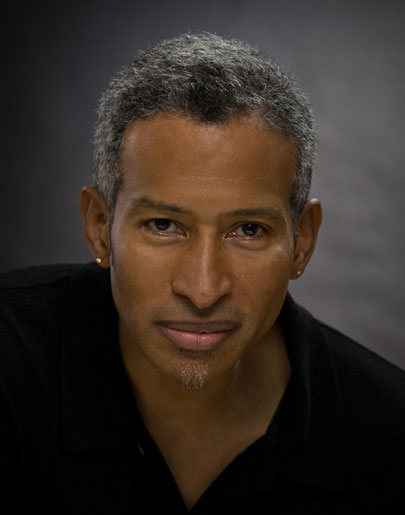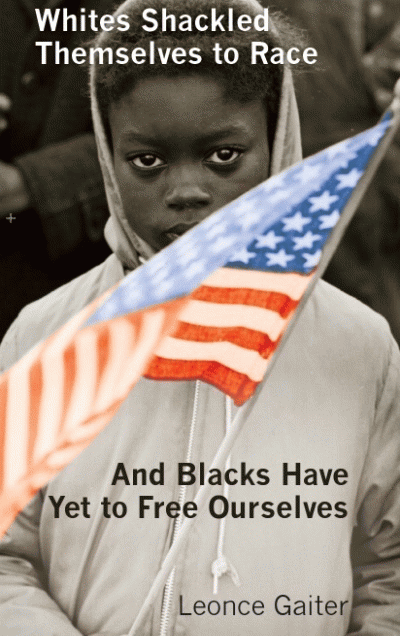In writing a book about racial identity, I aimed my message and my language squarely at an African-American audience. Decidedly blunt, I made no attempts to muffle the rage certain aspects of American history well up in me. I made no attempt to spare the feelings of the majority that perpetrated those acts.
This being the 21st century, white audiences have been exposed to the ideas in the book, and with their reactions, I finally understand why pleas for a "national conversation about race" ring so hollow to my ears.
It's because such conversation will never occur. It will not occur because much of this nation's white population believes itself free from the influence of history. "I wasn't even born then," is a constant retort. "I have nothing to feel guilty about," is another. And then there's, "You're the racist for lumping people together by color." The first comment denies the continuing influence of history and culture. The second wrongly assumes someone is asking them to feel guilty as opposed to simply acknowledge that history and culture do not disappear with time, but instead dissolve into the very national fabric, stiffening it or weakening it, but forever acting on it. The third is born of ignorance of the origins of white racial identity. Most Americans believe 'white people' to be an elemental fact, like the sea and the air. In fact, white identity was a purposeful construct, designed to distinguish the human (white men and women) from the dehumanized, the owned, the debased (black ones).
It is very much in the American national character, obsessed as it is with sin and redemption, to believe that we emerge renewed with each passing generation, no stain of history marring our redemptive robes. We regard ourselves as a noble people, builders and residents of a 'shining city on a hill.' We are loathe to acknowledge that we built much of that city on the bones of black bodies. Many hear requests to acknowledge that fact as pleas for sympathy and demands for their personal guilt, as if either were of any use to anyone.
Americans are not an historically-inclined people. It's hard for us to grasp the notion of historical and cultural responsibility--versus personal guilt. Just as we take historical responsibility for the lofty ideals in the Constitution or our valiant efforts during World War II, and laud our culture for guiding us to those noble outcomes, we must also take responsibility for our crimes. We must own slavery, American apartheid, native genocide, World War II internments just as we own the Constitution. We do this not in order to evoke tears, rend garments or wear sackcloth and ashes, but to prevent ourselves from maintaining, even unconsciously, beliefs and behaviors that precipitated those crimes in the first place.
But Americans, and especially large proportions of those who identify as white, look backwards selectively. Even if they acknowledge the existence of the historical crimes of slavery and legal apartheid that lasted for 188 of this nation's 242 years, they refuse to see themselves as influenced by the cultural attitudes that long-standing history bred. That's why we will never have a full-throated, national conversation about race. A large portion of the majority anoint themselves free from history and the culture it formed, while the American descendants of African slaves live that history. We live it every day.
We stare across an unbridgeable chasm. On one side stands a group who insist on denying history's import and influence. On the other stands the people whose very existence testifies to both.






